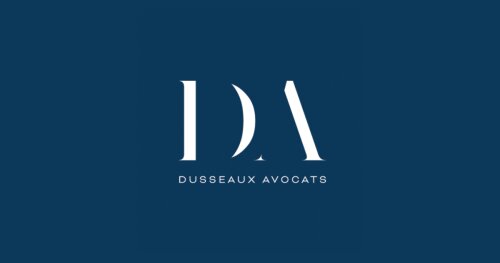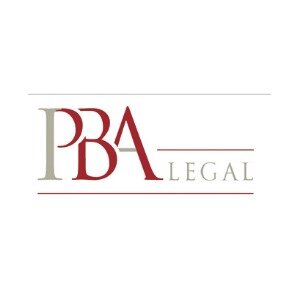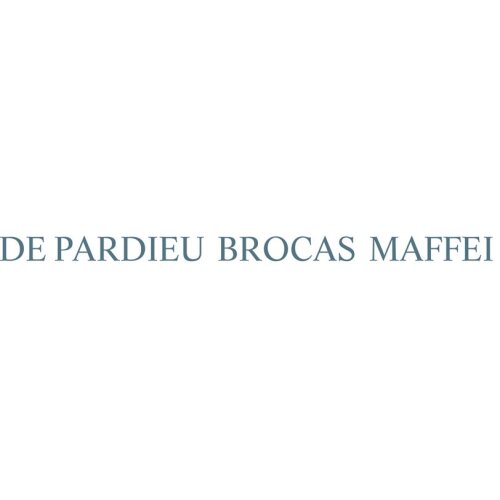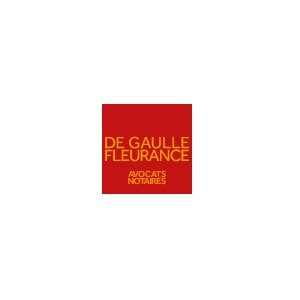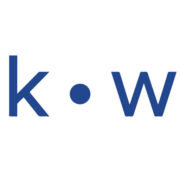Best Antitrust Litigation Lawyers in Paris
Share your needs with us, get contacted by law firms.
Free. Takes 2 min.
List of the best lawyers in Paris, France
About Antitrust Litigation Law in Paris, France
Antitrust litigation in Paris, France, refers to legal actions relating to the enforcement of competition law. Antitrust law aims to prevent anticompetitive practices such as cartels, abuse of dominant market positions, and anti-competitive mergers or agreements. These laws are enforced both at the national level by French authorities and at the European Union level. Parties involved in antitrust litigation may include businesses, consumers, and regulatory bodies. Paris serves as a key legal hub in France for resolving these complex disputes, frequently involving both French and EU legal frameworks.
Why You May Need a Lawyer
Antitrust cases are intricate and often require specialized legal expertise. Here are some common situations where professional legal help is essential:
- You are a business accused of anticompetitive behavior, such as fixing prices or abusing market dominance.
- Your company has been the victim of a competitor's anticompetitive practices.
- You are seeking damages for losses caused by prohibited agreements or collusion (follow-on damages claims).
- You need legal guidance during inspections or audits by the French Competition Authority (Autorité de la concurrence) or European Commission.
- Your business is considering a merger or acquisition that might raise competition concerns.
- You are responding to a cartel investigation or cooperating with authorities to secure immunity or reduction of fines (leniency applications).
- You need counsel on compliance with national and EU competition regulations to avoid penalties and litigation.
Local Laws Overview
Antitrust litigation in Paris is governed by French and European competition law. The primary source of French law is the Commercial Code (Code de commerce), particularly Articles L.420-1 and following. France's Autorité de la concurrence investigates and sanctions anticompetitive conduct. Key areas of antitrust law include:
- Cartels and Collusive Agreements: Agreements between businesses that restrict competition, such as price fixing or market sharing, are strictly prohibited.
- Abuse of Dominant Position: Companies with a dominant market position must not exploit their status to exclude competitors or harm consumers.
- Merger Control: Mergers and acquisitions that could significantly impair competition require notification to, and clearance by, competition authorities.
- Private Damages Actions: Victims of anticompetitive practices can sue for compensation in civil courts, including claims for damages, injunctions, and nullification of unlawful agreements.
- Interaction with EU Law: French antitrust law operates in harmony with EU treaties and regulations. Many cases involve both French and EU authorities.
Frequently Asked Questions
What is considered anticompetitive behavior under French law?
Anticompetitive behavior includes practices like price fixing, collusion, market sharing, bid rigging, and abusing a dominant position to exclude competitors or harm consumers.
What authorities enforce antitrust law in Paris?
The Autorité de la concurrence is the main French regulator. On a European level, the European Commission can intervene in cross-border or EU-wide cases.
Can individuals or small businesses sue for damages?
Yes, any business or consumer harmed by anticompetitive conduct may bring a claim for damages before French commercial or civil courts.
Is it mandatory to notify mergers to French authorities?
Certain mergers and acquisitions that exceed specific turnover thresholds must be notified to the Autorité de la concurrence for approval.
What penalties can result from antitrust violations?
Penalties can include significant fines, damages awards, orders to change or cease business practices, and the nullification of unlawful agreements.
How long do antitrust investigations take in France?
Investigations can vary in length depending on complexity. Some may close in a few months, while larger cases, especially cartels or abuse of dominance, can take several years.
What is a leniency program?
A leniency program allows companies that report their involvement in a cartel and cooperate with authorities to receive immunity or reduced fines.
Do EU antitrust rules apply in Paris?
Yes, EU competition law often applies alongside French law, especially in cases with cross-border implications or when multiple member states are involved.
Can foreign businesses face antitrust litigation in Paris?
Yes, any business whose activities affect the French market can be subject to investigation or litigation in France, regardless of where they are based.
How can a lawyer help during an antitrust investigation?
A lawyer can provide strategic advice, help manage communications with authorities, assist in gathering evidence, ensure compliance, and defend your interests in court.
Additional Resources
- Autorité de la concurrence - the French Competition Authority handling investigations, sanctions, and guidance
- Ministry for the Economy and Finance - provides updates on competition and market regulation
- Court of Appeal of Paris (La Cour d’appel de Paris) - the main court for antitrust litigation in France
- European Commission Directorate-General for Competition - covers cases with a European dimension
- Bar Association of Paris (Ordre des avocats de Paris) - for finding specialized antitrust lawyers
- Consumer Protection associations - often provide guidance or support to victims of anticompetitive practices
Next Steps
If you believe you have been affected by anticompetitive behavior or have concerns about your business practices, it is important to consult with a qualified antitrust lawyer. Start by gathering any relevant documents, such as contracts, correspondence, and records of business conduct. Consider reaching out to the Autorité de la concurrence for information or to make a complaint. To find a lawyer, search the Bar Association of Paris for specialists in competition law. Schedule an initial consultation to discuss your case, assess your options, and formulate a legal strategy tailored to your situation. Acting promptly helps to protect your rights and ensures proper compliance with both French and European competition regulations.
Lawzana helps you find the best lawyers and law firms in Paris through a curated and pre-screened list of qualified legal professionals. Our platform offers rankings and detailed profiles of attorneys and law firms, allowing you to compare based on practice areas, including Antitrust Litigation, experience, and client feedback.
Each profile includes a description of the firm's areas of practice, client reviews, team members and partners, year of establishment, spoken languages, office locations, contact information, social media presence, and any published articles or resources. Most firms on our platform speak English and are experienced in both local and international legal matters.
Get a quote from top-rated law firms in Paris, France — quickly, securely, and without unnecessary hassle.
Disclaimer:
The information provided on this page is for general informational purposes only and does not constitute legal advice. While we strive to ensure the accuracy and relevance of the content, legal information may change over time, and interpretations of the law can vary. You should always consult with a qualified legal professional for advice specific to your situation.
We disclaim all liability for actions taken or not taken based on the content of this page. If you believe any information is incorrect or outdated, please contact us, and we will review and update it where appropriate.





